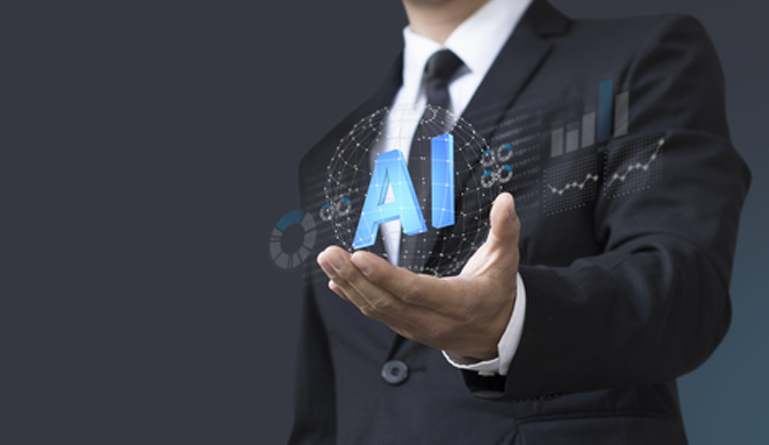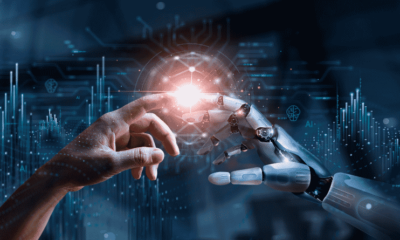
Artificial intelligence could pave a path for more efficient business management.
Artificial Intelligence is when systems demonstrate behaviors associated with human intelligence, like planning, learning, reasoning, problem-solving, knowledge representation, perception, motion, manipulation, creativity, and social intelligence.
AI has been around since the 1950s but has recently become a hot topic due to the advances many companies have made in the field. As AI becomes more developed, it is changing every aspect of business operation, but how is it changing business management?
Administration
It is estimated that all levels of managers spend more than half of their time on administrative coordination and control tasks. AI can take the burden off managers by automating these tasks, allowing them to focus more on improving aspects of their job to be more efficient and effective. With AI in management, managers will no longer need to worry about juggling shift schedules, vacation times, illnesses, or anything else that can be automated.
Artificial Intelligence can also draw up management reports and can provide a lot of support with monitoring and reporting practices.
With AI performing administrative tasks, managers will be able to focus more on judgment tasks, like creative thinking and experimentation, data analysis and interpretation, and strategy development–tasks artificial intelligence cannot perform. AI has the ability to help make decisions and should be thought of as support for managers, not a replacement for them. Artificial Intelligence will not replace managers when it comes to human judgment because they cannot use their experience and expertise to make critical business decisions and practices, but AI can relieve some pressure from managers and allow them to put more brain power toward critical business decision making.
Automated Tasks
While AI can easily automate tasks and relieve managers of a lot of work, it will be essential for managers to continue to develop their ability to think creatively and bring together diverse ideas into integrated, workable, and appealing solutions. Even though AI will continue to automate more and more management tasks, it will not be able to completely replace managers because managers not only think creatively and understand that experimentation is key to the success of their company, but they also harness others’ creativity and embed design thinking into the practices of their teams and organization. Artificial Intelligence is becoming an essential resource in every business, but there is still a need for managers who can foster collaborative creativity from employees.
Along with the ability of human judgment, AI will not be able to replace social aspects, like social networking, collaboration, and the ability to coach people and improve their work processes. As AI becomes more integrated into the workplace, managers who can showcase these types of skills will outperform those who can’t, and they will prove the importance of their position being performed by a human rather than artificial intelligence.
Reduced Costs
Artificial Intelligence is already proving to be cheaper, more efficient, and even more impartial than humans are capable of. One major way AI is affecting business management is by being able to perform mundane, repetitive tasks faster and more accurately. AI systems not only have the ability to perform tasks faster and more accurately, but they also cost less because they reduce errors and reduce the amount of time it takes to complete tasks. AI also does not need lunch breaks, can work 24/7, and will not take a sick day or a vacation.
It is clear why AI is becoming an essential aspect of business operations, but while many fear that AI will soon replace their job, this is not true. AI cannot replace any human aspect of a job, so managers will not need to worry about this. As AI becomes more sophisticated, they will just need to learn how to work side-by-side with AI and view AI as their colleague.








